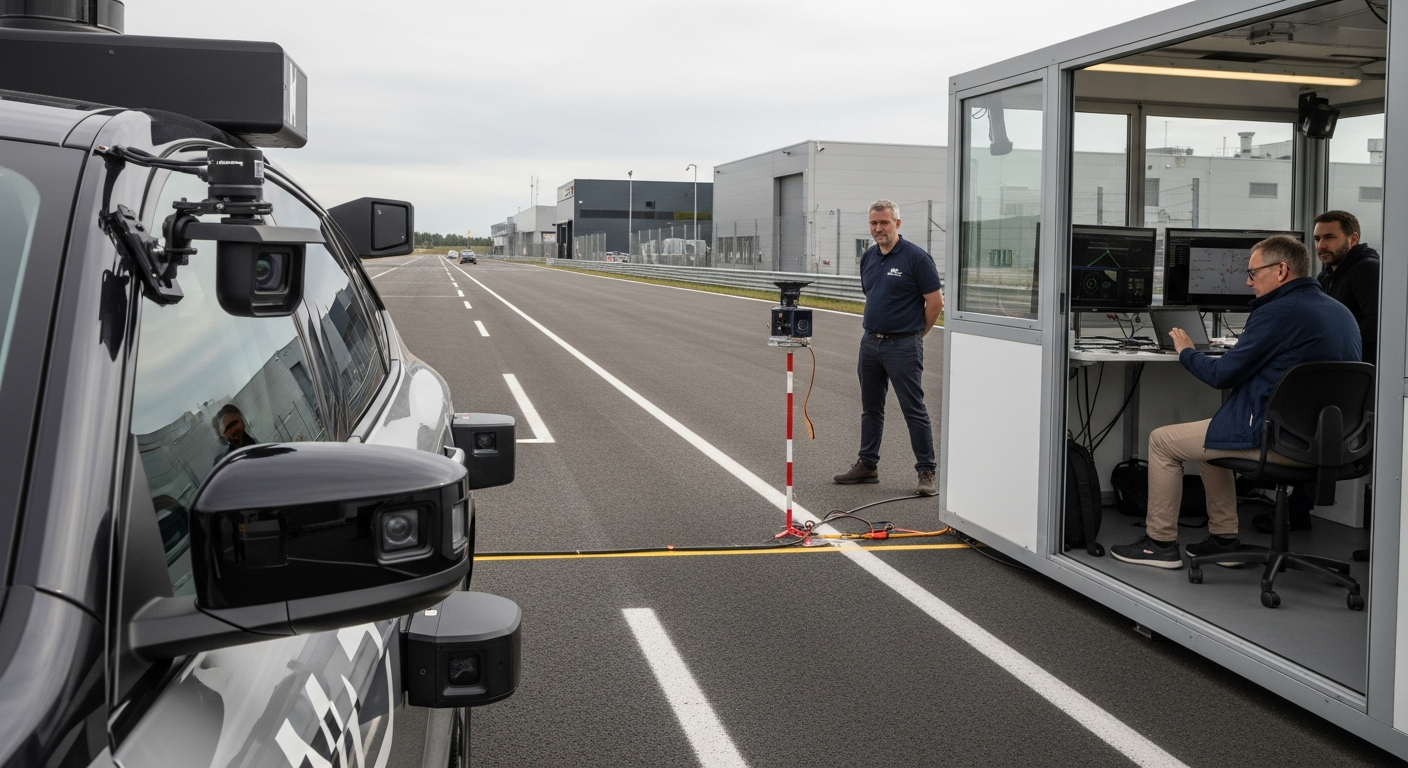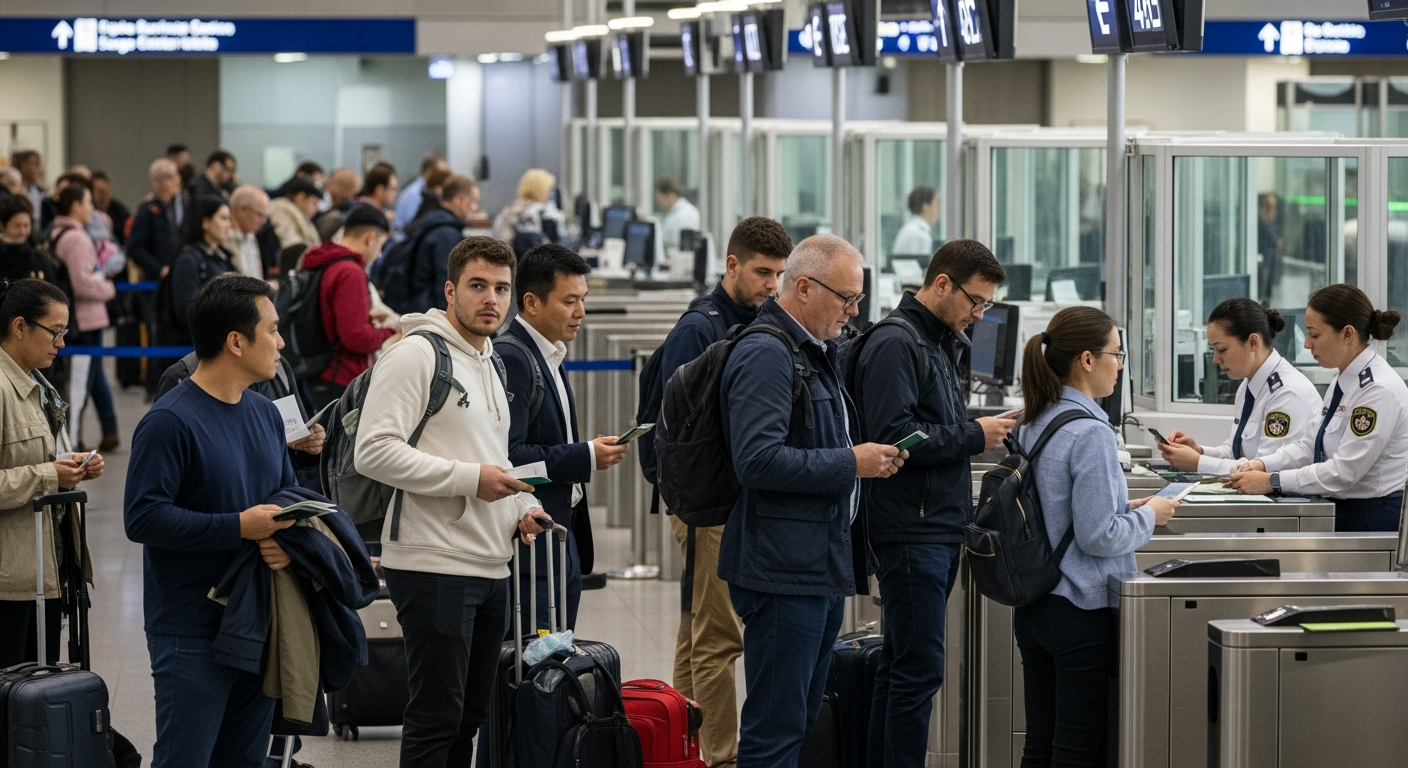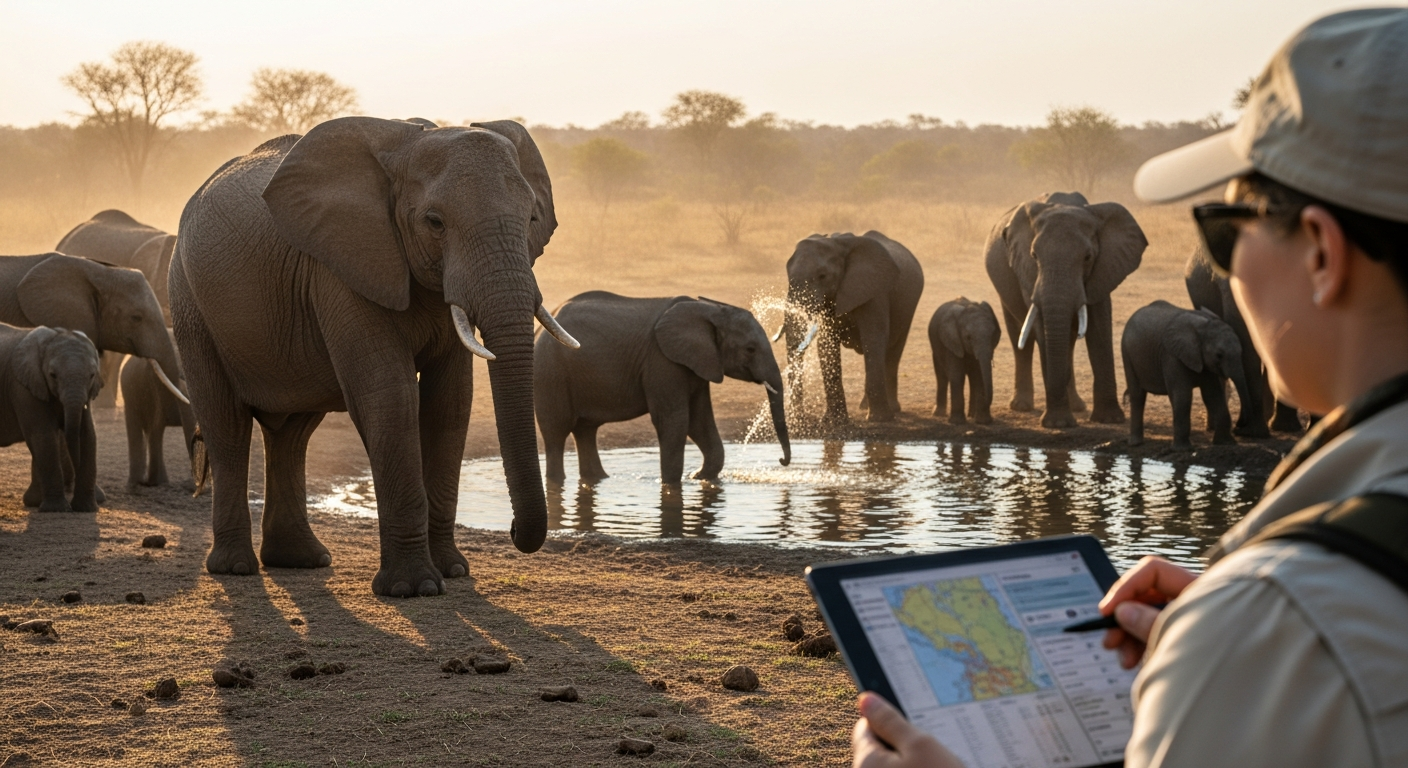The Quiet Emergence of Slow Living: A Societal Shift Towards Mindfulness and Simplicity
The rapid pace of modern life, coupled with the relentless demands of a technology-driven existence, has led to an intriguing societal shift: the emergence of the slow living movement. This approach to life, characterized by thoughtfulness, simplicity, and a focus on quality over quantity, is gaining momentum. Read below to delve into the nuances of this cultural phenomenon and understand its implications in our society.

Understanding the Roots of Slow Living
The slow living movement has its roots in the late 1980s, when Carlo Petrini, an Italian food journalist, led a protest against the opening of a McDonald’s outlet in Rome. Petrini championed the concept of ‘Slow Food,’ a counter to fast food culture, emphasizing the importance of locally sourced, high-quality food and taking the time to enjoy it. This idea extended beyond food, giving birth to a broader philosophy known as ‘Slow Living.’
The Principles of Slow Living
Slow living is a conscious choice to slow down life’s pace, focus on quality over quantity, and value experiences over possessions. It emphasizes mindfulness, introspection, and a conscious effort to live in the present. The principles of slow living challenge the pervasive culture of ‘busyness’ and instant gratification, proposing a more balanced, sustainable, and fulfilling way of life.
The Slow Living Movement in Contemporary Society
In contemporary society, the slow living movement manifests in various ways. There’s a growing interest in ‘slow’ activities that require patience and mindfulness, such as gardening, cooking, and crafting. Many are embracing digital detoxes, opting for staycations over fast-paced travel, and prioritizing personal well-being over relentless productivity.
Unpacking the Societal Impact of Slow Living
The slow living movement has significant implications for society. It encourages sustainable and ethical consumption, promoting environmental consciousness. It challenges the capitalist notion of constant growth and consumption, offering an alternative that values well-being and contentment over material wealth.
The Future of Slow Living
As the world becomes increasingly fast-paced, the slow living movement’s relevance is likely to grow. While it’s not a panacea for all societal ills, it offers a compelling alternative to a life marked by stress, hurry, and disconnection. It invites us to rethink our values, habits, and priorities and create a life that feels meaningful, balanced, and fulfilling.
In conclusion, the emergence of slow living is a testament to society’s evolving values and priorities. As we become more aware of the pitfalls of a fast-paced, consumption-driven life, there’s a growing desire for a more mindful, intentional, and sustainable way of living. Slow living, with its focus on simplicity and quality, offers a powerful response to the complexities of modern life.






